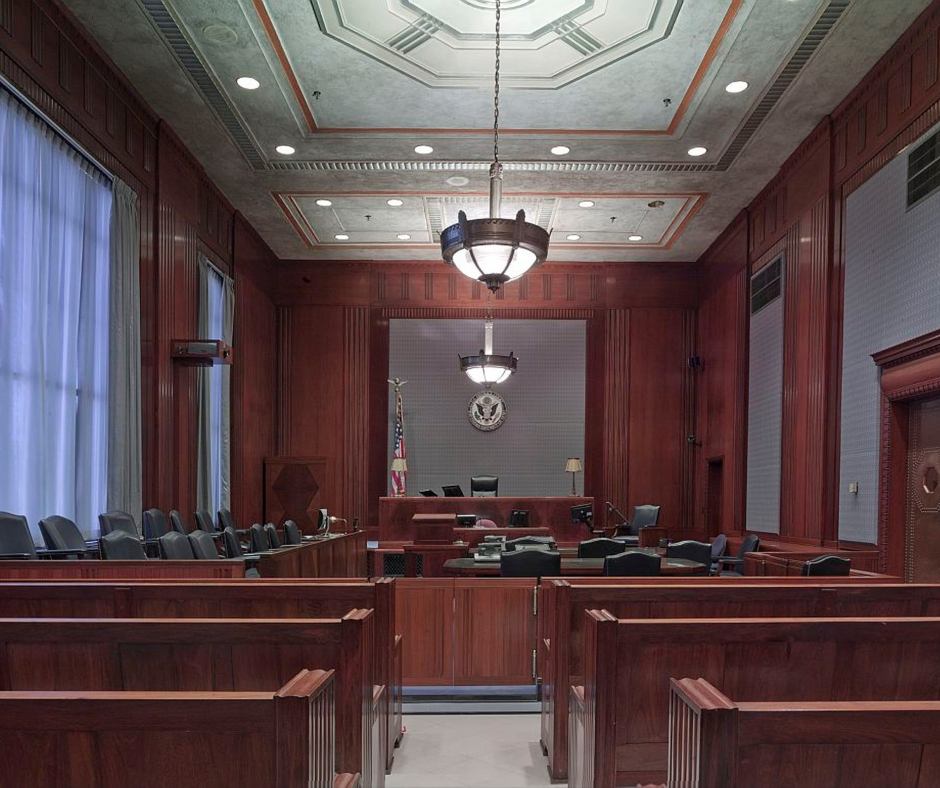Mary Alice Pitt Moore, aged 63, passed away in March 2015. Three years after her demise, arrangements were made for her body to be cremated at First Family Funeral Home. Instead, the decomposing corpse was locked up in an unrefrigerated room, covered in blankets and left to rot.
Fred Parker Jr., Moore’s legal spouse for 38 years, first heard of the funeral home via a relative. He paid the funeral home’s Greenwood branch to have the body of his late wife cremated, but they would, later on, not pick his calls. They were reluctant to turn over the supposed ashes. Mr. Parker would surprisingly realize that his late wife’s body was rotting all the while in a room within the funeral home. In March, Mr. Parker, along with his son Taras, sued First Family.
The co-owners of the Spartanburg funeral home, Pastors Roderick Cummings and Lawrence Meadows (both 40yrs old) were charged by The State Law Enforcement Division (SLED) with human remains desecration. The two were later released on bond. SLED arrest affidavits reveal that the pastors carried out this heinous act due to unsettled funeral bills by Moore’s family.
The family’s attorney, Christian Spradley, denies this by stating there was no evidence provided to back the claims. “Even though there may be an element of truth to their story, it does not, in any way, justify their inhumane actions.”
‘Grave Misdeeds,’ a special report that highlights how the state manages crematories and funeral homes in South Carolina, brought this story to light. This triggered swift action by SLED on the co-owners of the First Family funeral home. It has further stated that investigations on the said funeral home are open and ongoing. After the discovery of Moore’s rotting remains, the State Board of Funeral Service suspended the funeral home’s license.
Before this case, there have been several complaints filed against the First Family funeral home. Two previous customers stated that despite Mr. Meadows’ license to work as a funeral director being revoked in 2015, he took care of their funeral arrangements. He had since been very active at home, even going ahead to make an appearance on NBC’s ‘Today’ and brag about his funeral office.
Eventually, an alternative funeral home offered to carry out the cremation for free. The ashes were handed to her family.











